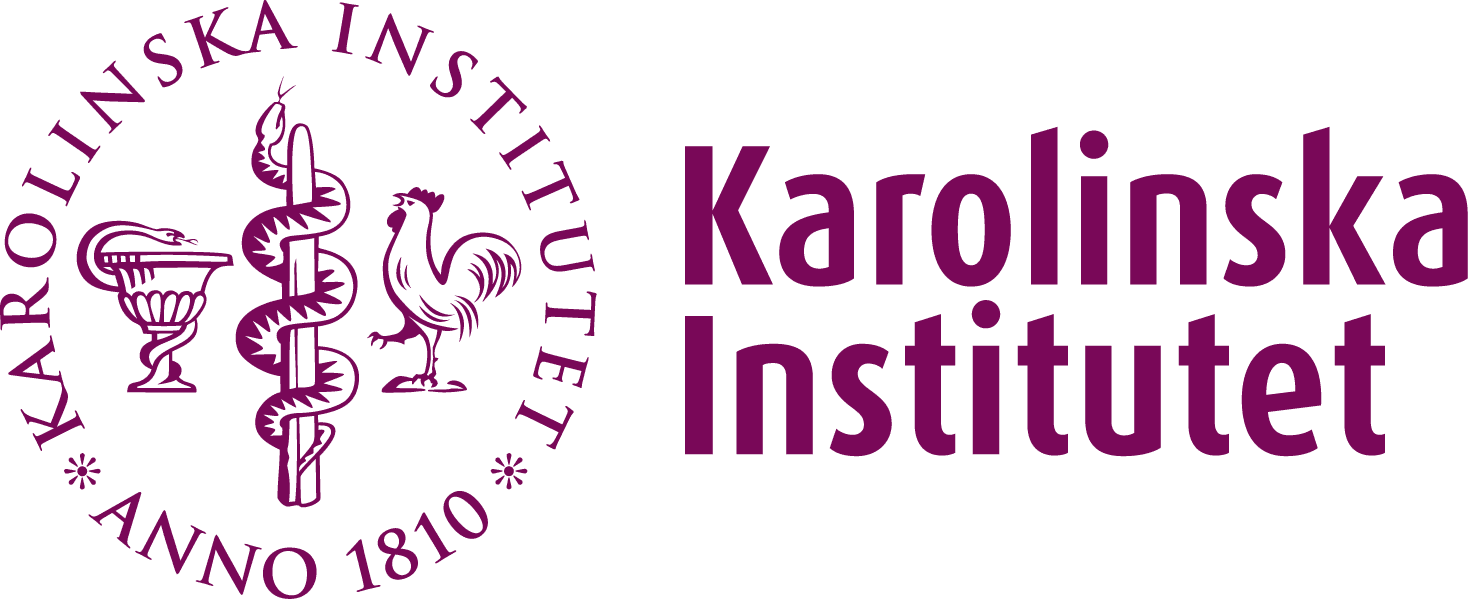THIS WEBSITE USES COOKIES
We use cookies to personalise content, to provide social media features, and to analyse our traffic. By choosing 'allow all cookies', you consent to our cookies.
To find out more, read our privacy policy and cookie policy.

Originally from Colombia, I completed my Bachelor’s degree in Molecular, Cellular, and Developmental Biology at the University of Colorado Boulder in the United States in 2019. After graduation, I joined the molecular biology department at Higuera Escalante Hospital in Colombia, where I actively contributed to Human papillomavirus, tuberculosis, and SARS-CoV-2 testing. I also gained experience in cell culturing and flow cytometry for the cardio pathology department.
In 2022, I pursued a Master of Medical Sciences in Biomedicine with a specialisation in experimental research at Lund University in Sweden. During this time, I obtained the FELASA certification for laboratory animal science. For my master’s internship, I ventured into neuroscience by joining the Human Neural Development Group. Although I gained valuable knowledge, I discovered that my true passion lies in molecular biology, specifically in the realm of mitochondria.
In 2023, embarking on a PhD journey to further explore the significance of mitochondria, I joined the MITGEST network. While mitochondria are commonly known as the powerhouses of the cell, their crucial role extends to various cellular processes, with malfunction linked to numerous diseases. By delving into mitochondrial gene expression, we can lay the foundation for disease prevention and mitigation.
Join me in unravelling the mysteries of mitochondria and advancing our understanding of their vital functions. Together, we can contribute to groundbreaking research that holds the potential to transform disease prevention and pave the way for improved health outcomes.


With this project, we will test and optimise complexome methodology for the analysis of the anticipated larger protein-RNA, protein-DNA and possibly protein-RNA-mtDNA complexes. The complexome analysis with the use of native gel systems (such as Blue Native polyacrylamide gels) has proven very powerful in studying the assembly of mitochondrial protein complexes. Through inhibition-release approaches to temporarily deplete mitochondrial RNA or known nuclear factors involved in RNA biology we will study the temporal formation of these complexes and identify the (known and novel) protein factors involved at each step.
Funded by the European Union. Views and opinions expressed are however those of the author(s) only and do not necessarily reflect those of the European Union or the European Research Executive Agency. Neither the European Union nor the granting authority can be held responsible for them.
This work is also supported by the UK Engineering and Physical Sciences Research Council [grant number EP/X02735X/1].